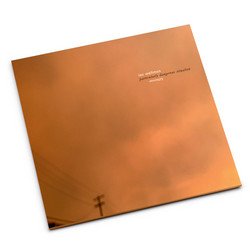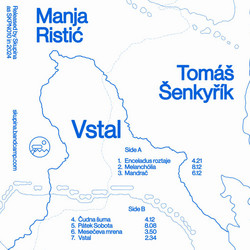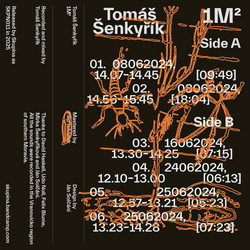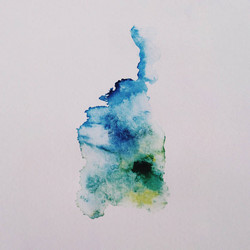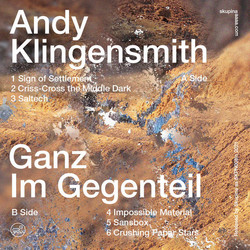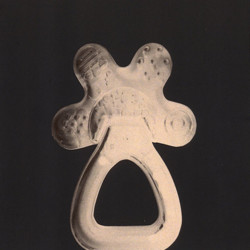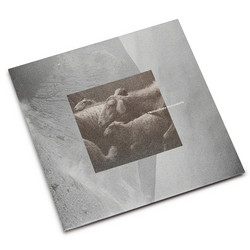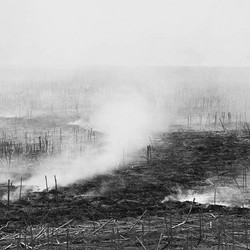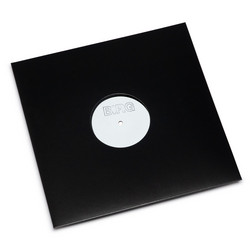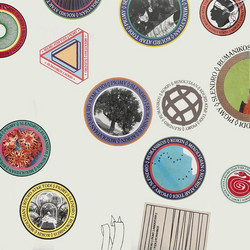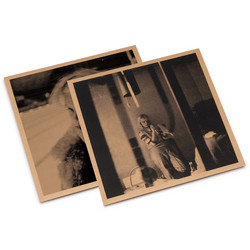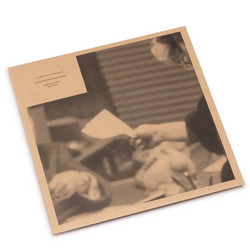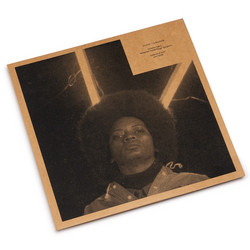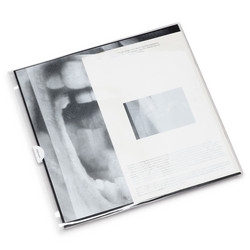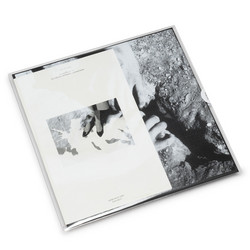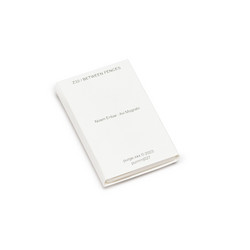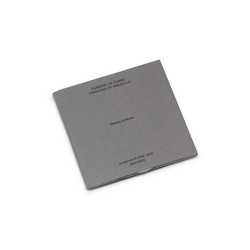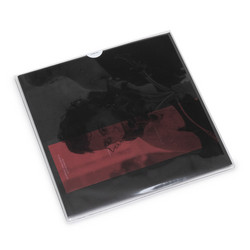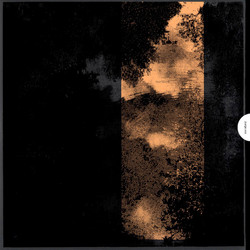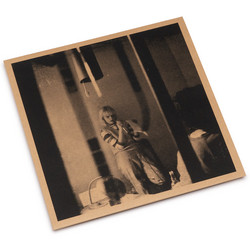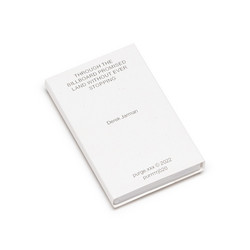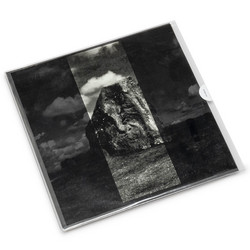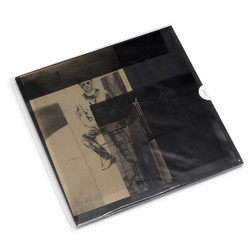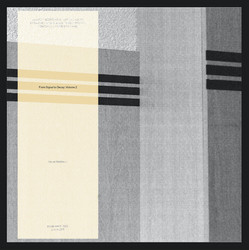**Edition of 100 numbered and handmade copies** William E. Jones has never shied away from the provocative intersection of history, politics, and sexuality—a concern that finds a potent, compact vehicle in The Fall of Communism as Seen in Gay Pornography, the soundtrack to his film of the same name. Issued as a meticulously handmade and numbered seven-inch by purge.xxx, this release sees Jones collaborating with writer Jarett Kobek, whose textual contribution deepens the project’s web of allusion and challenge. Set for release in an edition of only 100 copies, the record bears the intimacy of an artist’s book and the evocative materiality of a found artifact—its physical scarcity amplifying its conceptual daring.
The film and its soundtrack operate at the margins of both documentary and essay, recontextualizing explicit footage from post-totalitarian Eastern Europe within a framework that is as much about image circulation as it is about geopolitical change. On vinyl, these themes are transformed sonically: fragments, echoes, and sampled textures invite listeners to grapple with the collapse of ideology and the unresolved tensions that surface when desire meets disillusionment. The result is less a traditional score than a kind of aural archaeology, where each detail hints at stories beneath the surface. The physical object—hand-numbered and uniquely assembled—complements this sense of precious, precarious memory, drawing a tactile link between the collapse of systems and the precariousness of queer archives.
Texts by Jones and Kobek—delivered as part of the package—serve to further layer the experience. They frame the record as both document and provocation: a means to rethink not just the history of communism or pornography, but the larger condition of images circulating in an era of rupture and aftermath. The release is thus essential not only for followers of experimental film soundtracks and queer artistic practice but also for anyone attuned to the shifting topographies of memory, desire, and loss. In staging these encounters across film, text, and sound, Jones and his collaborators foreground the persistent question of what survives the fall of ideologies—and how it might be heard anew.
